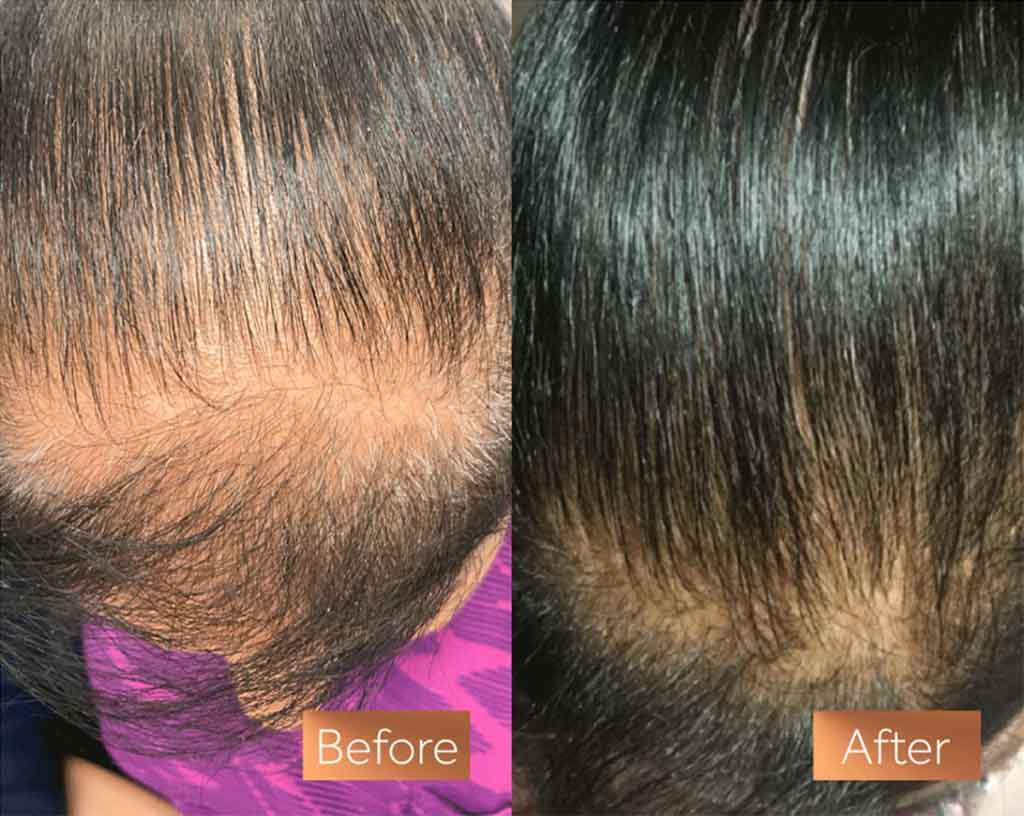I have been promising to write this post but never came around to it. Life takes over so easily but I really wanted to share with you a solution I found for my hair loss.
Hair loss was one of the things that have had a big impact on me following keto. I must say that when I restarted keto in 2018 I was reluctant to introduce another component to my keto lifestyle that was not food and maybe multivitamins. My life is already complicated and to bring another element would be a lot, when I have a large family with two small boys and barely time to prepare my own food.
But a few weeks in and I started noticing the hair loss and totally panicked.
You see, when I did keto in 2020 I lost a tremendous amount of hair. It was weird to me as I was sure I was consuming enough protein, really adequate amounts for my needs but somehow my hair kept falling and it really upset me. I ended up with much less hair than before starting my keto lifestyle. All my hair came back once I stopped keto (not ideal right?)
Coming back to the present day I did not want the same problem. So off to the internet I went to learn more, and to try to find a way to keep as much hair as possible and if possible improve my (starting to age) skin.
If you want to jump straight to my favorite products both American and British go here otherwise keep reading.
Collagen loss was the first thing that came up. It is a lie! The first thing that came up was stress but that is something beyond my control so I went to the second point and it was…Collagen loss!
It seems that everyone is talking about it, from magazines to Sunday papers and there is such a buzz around it. I wondered why would that be?
What Is Collagen And Why Is it Important?
Collagen is just the main structural protein in your body and it is found in almost every tissue in your body. It consists of amino acids. Amino acids(or peptides) are the building blocks needed to build connective tissue, skin, hair, muscle, bone, cartilage, .
Collagen loss occurs because of genetic disposition, ageing, eating a high sugar diet or because of a deficiency in nutrients (and that was me!)
The most abundant type of collagen in a human body is type I (about 90 percent of all the collagen in our bodies) followed by type II and type III. There are other types (28 types altogether) but I, II and III are so important for us because they are constantly needed and used by our bodies.
We have to remember that our bodies are constantly rebuilding themselves, repairing tissues and building bones, etc.
When we buy collagen peptides (short chains of amino acids) in powder form they are mostly hydrolyzed type-I collagen. Hydrolyzed collagen means that they are smaller in weight in comparison to natural collagen. It is digested faster by our bodies and it can be dissolved in liquids. It is very popular because it is easy to add to your diet and it contains protein as well.
Collagen may prevent intestinal damage and help the lining of the digestive tract. It means you will be able to digest and absorb nutrients better than before. Also, a study in 2002 found that type II collagen may be able to pass through the gut without breaking down.
There are studies showing a link between collagen supplementation and the reduction of the symptoms of arthritis. This was not a big surprise to me, as it was just before my mother’s hip surgery that her Orthopaedist suggested that collagen would help her post-op. He told us to introduce it to her diet prior to the surgery.
Now, she is not a spring chicken (she is almost 81) and the body’s production of collagen declines with age ( and the need for strong bones, joints, etc is as important as ever) so we needed to find a supplement that she could add to her diet. There are also many people that take collagen to help to alleviate their painful joints. And this blog might go a little way to reassure them.
With my elderly mother suffering from osteoarthritis, management of pain is something I will continue to learn more about. More scientific studies are coming out with their results but as always, more studies are needed.
But what about my hair loss? And my aged skin?
Collagen and Skin and Hair
Collagen( type I) can improve our skin by increasing the moisture and the collagen density of the skin. There is good research to show that a link between some collagen peptides and reducing skin and studies found that collagen supports hair mass (thickness) and its growth.
When the main collagen in your skin (type I) declines, your skin becomes wrinkly, saggy, and you start to develop cellulite. Supplying your body the collagen it needs can help reduce the appearance of cellulite.
As collagen is almost 90 % protein there is common acknowledgment among athletes of its importance regarding recovery and growth (of muscles) and its impact on athletic performance.
These are the main variations of the collagen supplements around:
Gelatin: yes, gelatine. Gelatine has undergone only partial hydrolysis. Therefore the peptides are not broken down completely and will not be absorbed really well. When you hear about people complaining about water retention or bloating when eating gelatine, is because of the partial hydrolysis.
Collagen Peptides ( or collagen hydrolysate) have gone through a process of hydrolyzation and the amino acids are now broken into smaller molecules, facilitating the superior absorption into the bloodstream.
I know that keto provides me with enough protein. But I wanted to supplement my diet with collagen to ensure optimum advantages for my health (and my hair of course! ).

